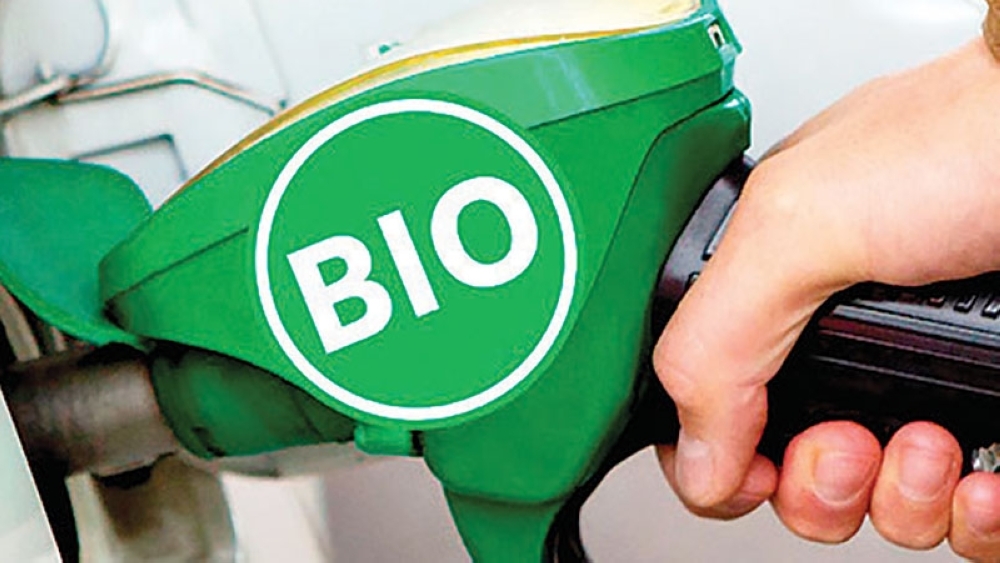

MUSCAT, MAY 22
Key players in Oman’s biodiesel production sector have welcomed a decision by Omani authorities to constitute a committee to look into an array of underlying shortcomings that continue to impair the growth of this promising example of the country’s growing circular economy.
Most biodiesel production in the country is linked to the processing of Used Cooking Oil (UCO), among a host of other mainly organic waste oils. But the handful of players operating in the sector have bemoaned, among other factors, lack of effective regulation, absence of supportive legislative, poor uptake of biodiesel by corporates, continued subsidization of fossil-fuels, and the presence of unauthorized players who have largely captured the UCO collection business.
To help address these and other concerns, a special committee has now been set up with representatives from a number of government agencies and other stakeholder organisations, a leading Omani biodiesel producer has revealed.
Maher al Habsi, Co-Founder and CEO of Wakud – the biggest of Oman’s biodiesel producers, said the panel will study the prices of UCO, which is the basic resource for biodiesel production. Also as part of its mandate, the panel will chalk out a roadmap to support the long-term development of the sector.
In a post, Al Habsi said the announcement came in a meeting held under the auspices of the Environment Authority, with the attendance of other stakeholder organisations, and representatives of UCO collectors and processors.
“We have been waiting for this decision for a long time, particularly with regard to the goal of setting an appropriate price per tonne of UCO,” he said. “This expected decision will support the biofuel sector, which suffers greatly from subsidies enjoyed by petroleum products which makes the sale of biofuel impossible as major local companies refuse to pay the price difference.”
He further added: “This bold step will support a promising sector that will drive plans to reduce carbon emissions and achieve carbon neutrality in the Sultanate of Oman.”
For want of structural support mechanisms, the vast proportion of UCO ends up either dumped in drains or in landfills. In the past, volumes that were captured by unauthorized collectors were typically siphoned out of the country for processing overseas. But with the Omani government looking to support the growth of a local circular economy, biodiesel producers are hoping to see more volumes coming to their processing facilities.
According to the Oman Environmental Services Holding Company (be’ah), roughly half of the estimated 94,000 tonnes of cooking oil currently imported into Oman should ideally be captured after use for processing into biodiesel or other sustainable products. But the collection is barely around 4,000 tonnes per annum, mainly from industrial caterers, major hotels and food industry operators. At a minimum, the collection potential of UCO can be as high as 11,000 tonnes per annum, says be’ah.
Oman Observer is now on the WhatsApp channel. Click here



